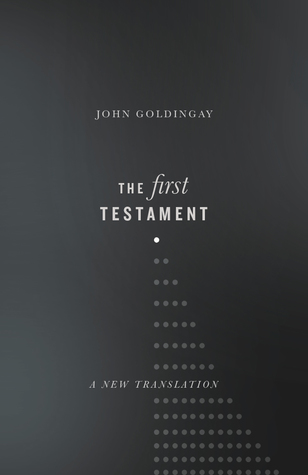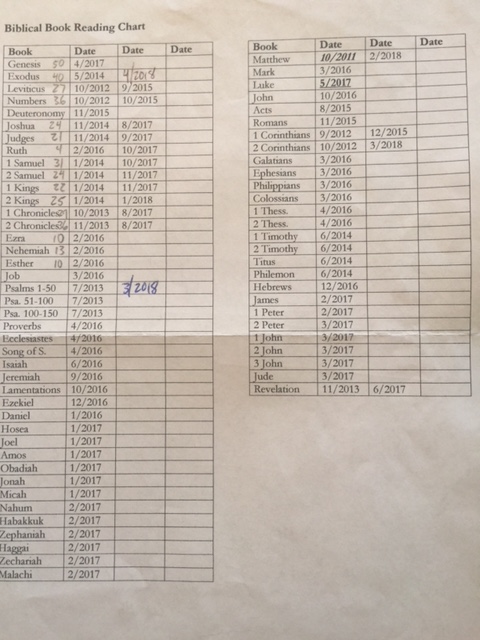Goldingay’s The First Testament on Jesus Creed
Scot McKnight invited me to respond to questions about John Goldingay's translation of the Old Testament, The First Testament. Here are my responses just posted on Scot's blog,… — February 18, 2019
Read on

